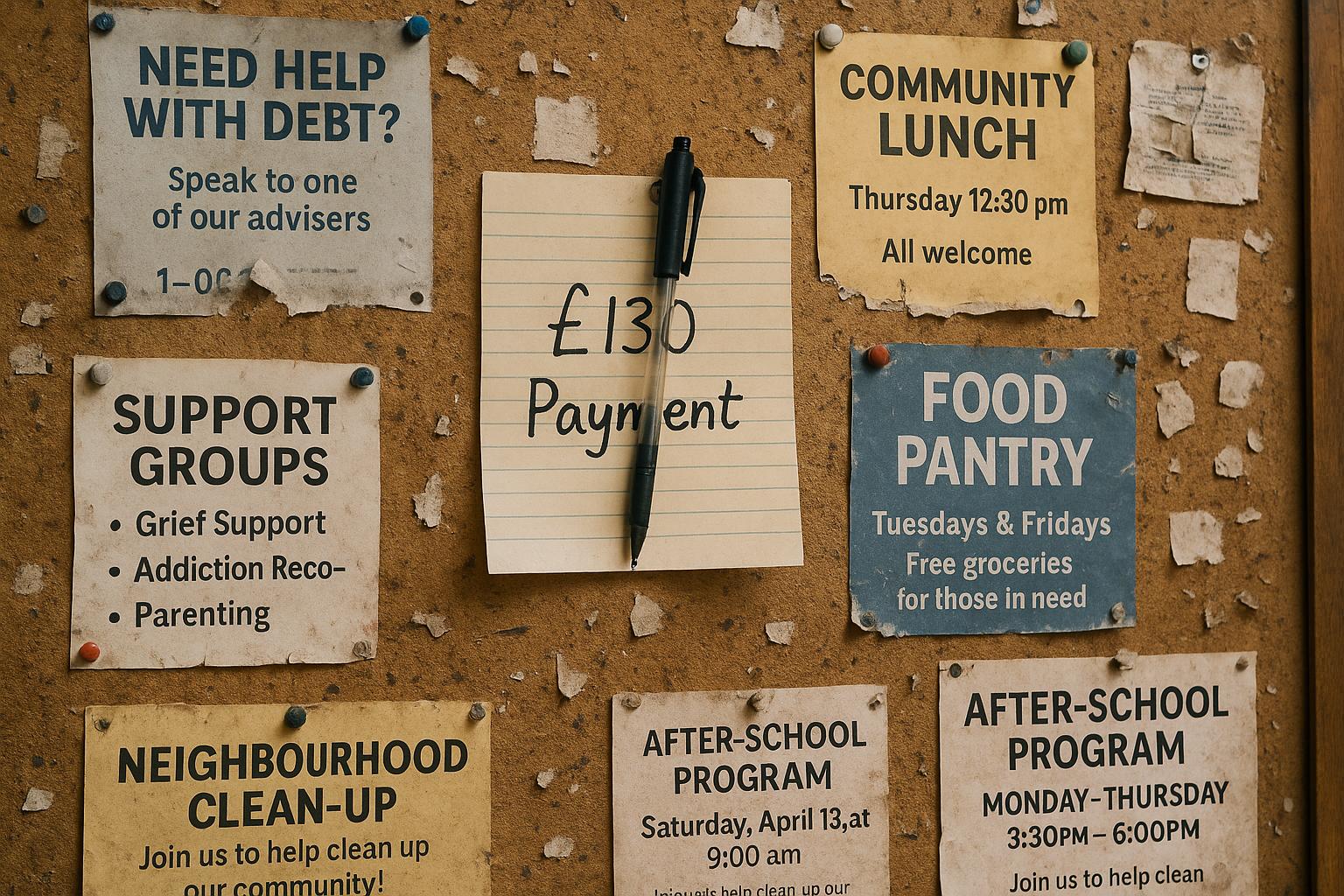Many UK households claiming certain benefits are set to receive a one-off payment of £130 this November as part of the Government's ongoing effort to alleviate cost of living pressures during the colder months. This payment forms a component of the Household Support Fund, through which local councils across England have been allocated a total of £742 million to assist vulnerable families with energy bills, food, and other essential living expenses.
The Household Support Fund runs until 31 March 2026, granting local authorities discretion on how to distribute the funds, resulting in varied eligibility criteria and support packages depending on the area. For example, Nottingham residents may benefit from energy vouchers worth £98 alongside supermarket vouchers valued at £75, totalling £173 in assistance. Similarly, Manchester City Council is distributing £130 payments in November to households claiming Council Tax Support combined with disability benefits such as Disability Living Allowance or Personal Independence Payments. These payments might be delivered via bank transfers or Post Office vouchers dispatched by post, with timing staggered according to payment methods.
Across England, the support available under the scheme varies widely. Staffordshire households can receive a direct £300 utility payment credited to their energy providers, while those in Calderdale may get up to two payments of £85 each. North Yorkshire is offering £190 in supermarket vouchers valid at major retailers including Asda and Tesco, and Doncaster residents might obtain up to £300 towards food costs or a £100 energy bill payment. Leeds City Council is providing up to £120 to low-income households receiving Council Tax Support, with payments commencing mid-October.
These variations underscore that the Household Support Fund is highly localised and flexible, with some councils distributing funds through neighbourhood charities or community organisations and imposing different application procedures or frequency of payments. The Department for Work and Pensions (DWP) advises households to consult their local council websites for precise eligibility criteria and timelines.
This particular fund complements broader government financial interventions to tackle rising costs. Over £2.2 billion in Cost of Living Payments have already been disbursed to more than seven million households this financial year, with a further £300 payment scheduled between late October and mid-November for those on means-tested benefits such as Universal Credit, Pension Credit, or tax credits. HM Revenue and Customs is also facilitating automatic £300 payments to around 840,000 families receiving only tax credits, ensuring no application is necessary.
Additionally, over £130 million has been paid out in Cold Weather Payments to support households during colder periods, providing automatic £25 credits when temperatures fall below freezing for seven consecutive days, targeted at eligible recipients in England and Wales.
The Household Support Fund’s extension into 2026 reflects the government's ongoing commitment to supporting vulnerable households amidst persistent economic challenges. Councils receive government guidance but tailor their support using detailed local knowledge about community needs, allowing for a broad range of payments and vouchers aimed at easing the cost of essential utilities and groceries throughout the winter season and beyond.
Overall, while rural or urban differences and local council policies create diverse experiences of financial support, the combined efforts of the Household Support Fund and complementary government payments highlight a multi-pronged approach to addressing immediate household financial pressures across the UK.
📌 Reference Map:
- [1] (Nottingham Post) - Paragraphs 1-5, 7-8
- [2] (UK Government) - Paragraphs 1, 8
- [3] (UK Government) - Paragraph 6
- [4] (UK Government) - Paragraph 6
- [5] (UK Government) - Paragraph 6
- [6] (UK Government) - Paragraph 6
- [7] (UK Government) - Paragraph 8
Source: Noah Wire Services
